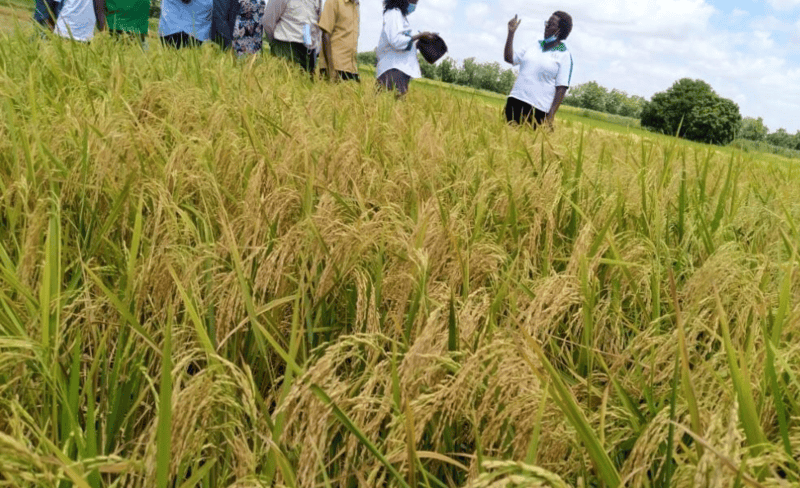Wheat traders to enjoy continued tax relief after EAC deal

Mbadi said the EAC Council of Ministers granted Kenya’s request for the duty remission last month, allowing millers to continue importing wheat at a reduced rate of 10 per cent.
Traders will continue shipping in wheat at a lower tax rate after Kenya successfully secured an extension of import duty relief from the East African Community (EAC), offering much-needed breathing space from the standard 35 per cent tariff.
Treasury Cabinet Secretary John Mbadi said the EAC Council of Ministers granted Kenya’s request for the duty remission last month, allowing millers to continue importing wheat at a reduced rate of 10 per cent.
More To Read
- Kenya urges urgent action as Tanzania’s new trade restrictions threaten EAC integration
- Tanzania’s ban on foreign small businesses sparks EAC backlash as Kenya demands action
- IEBC defends decision to replace Mbadi with Kipchumba, cite 2022 ODM list
- CS Mbadi fires back at critics over school capitation shortfall, pins blame on Parliament
- CS John Mbadi pledges permanent placement for 20,000 intern teachers from January 2026
- Kipchumba replaces Mbadi in National Assembly as IEBC reallocates special seats
This move is meant to supplement local stocks while still safeguarding Kenyan farmers.
“Mindful of wheat farmers in Kenya, EAC ministers agreed on duty remission of wheat at a rate of 10 per cent, instead of the of 35 percent, provided the millers who intend to import wheat under the duty remission must first purchase locally produced wheat,” Mbadi said in his 2025 Budget Speech on Thursday.
The common external tariff (CET) used by the seven-member bloc, Kenya, Uganda, Tanzania, Rwanda, Burundi and South Sudan, sets standard import taxes on goods from outside the region.
Without this exemption, millers would have been forced to pay the full 35 per cent duty.
The government said the preferential 10 per cent duty has helped ensure there is enough wheat to meet the country’s demand while also protecting farmers from being undercut by imported stocks.
Kenya depends heavily on imported wheat to meet domestic needs. Wheat is a major food item in households, used in baking bread, chapati, cakes, and other products.
Despite an increase in wheat production last year to 312,200 tonnes from 309,500 tonnes the year before, the figures remain lower than in previous years.
In 2022, production stood at 368,700 tonnes, while in 2021 it was 349,100 tonnes, according to the Economic Survey 2025.
Locally-produced wheat accounted for only 11.89 per cent of the total 2.63 million tonnes of wheat stock available in the country last year, with the rest of the stock being imported from outside the EAC.
Top Stories Today
- Why Stephen Munyakho spent 14 years on death row despite 5-year sentence
- 'I lacked patience': Stephen Munyakho regrets fatal altercation in Saudi that changed his life
- Cold season pushes Kenya’s power demand to historic peak
- China flagged as key source of tobacco imports as Kenya imposes ban
- Section of Isiolo MCAs dismisses fraud claims in 2025/26 budget approval
- Somalia recognises SSC-Khatumo as federal state amid push for national unity













































